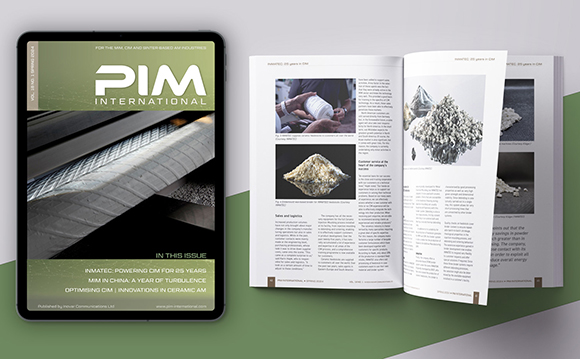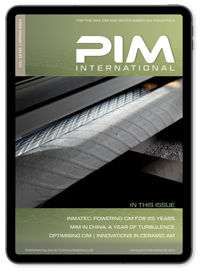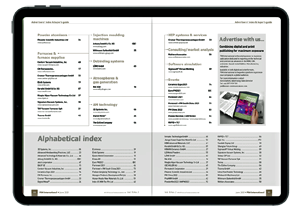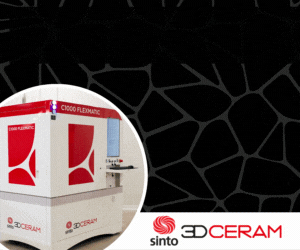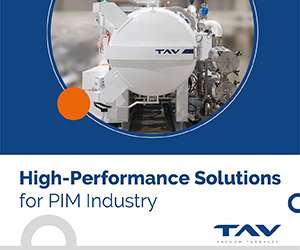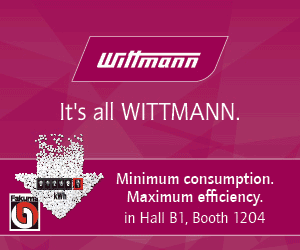Wittmann Battenfeld’s first MicroPower up and running at UK Polymer Centre
August 7, 2011
The RKT Centre for Polymer, Micro and Nano Technology at Bradford, UK has just commissioned the first new Battenfeld MicroPower injection moulding machine. Ordered from the Wittmann Group stand at the world’s leading plastics exhibition in Dusseldorf last year, the new moulding machine is currently being equipped with various ancillary pieces of equipment related to the centre’s leading edge work in micro and nano moulding technologies.
Ben Whiteside, Centre Manager stated that, “the centre has used three generations of Battenfeld micromoulding hardware and we were therefore delighted to be able to discuss our micromoulding interests with the Wittmann Group and get our hands on the first of the new machines out of the factory at Kottingbrunn. Delivery and installation have gone well and we shall shortly be conducting a new batch of micromoulding experiments on the machine and hiring our facilities out to clients. The new MicroPower has quickly become our primary research machine and the queue of projects and experiments is lengthening.”
Whiteside added that, “micromoulding actually shows us how little we know about the real conditions as regards to heat flow during moulding, which are dependent on actual mould surface temperature, pressure effects and the structure of the mould surface. To date, the convention – for lack of data or empirical research – has assumed a constant thermal contact resistance in these matters. This is clearly not the case. Recently awarded EPSRC grant funding ensures that we, at the centre, are actively looking forward to researching and communicating from the frontiers of these issues with our new MicroPower.”
The centre will also be investing time and energy in connecting the new MicroPower both to computing power and to the Internet. “Everything that we do with our new machine will be more easily captured using ethernet-based state of the art data acquisition and measurement systems,” said Whiteside. “These exacting data records will provide a substantial key to determining and predicting in-mould behaviour for many materials; including nanocomposites.”
Such data will also be made available to users over the internet, allowing full traceability of the entire process from raw materials storage, drying conditions, moulding parameters to final product quality inspection.
“It’s perhaps an exaggeration to suggest that our micromoulding research could be hooked into a cloud computing model,” said Whiteside, “but we won’t be far off it. Our principal user markets are in medical and healthcare and our international clients in these areas value the real time access to the results of their micromoulding research work via the Internet.”
Based at Bradford University, the centre has been winning repeat business throughout the world as the leading player in its field. An investment to date of some £5 million in state of the art equipment and a complement of twenty expert staff has helped Bradford to pioneer many micromoulding advances.
The centre’s mission is to consolidate its micro manufacturing leadership position within the next three years, both for blue sky micromoulding research and also in terms of the number and scale of industrial and commercial projects coming through its doors. The intent is to keep developing UK innovations and industrial projects and also broaden the scope for a fully European outreach. The newly launched Battenfeld MicroPower moulding machine will play a key part in the work ahead.
Together with micro-optics, automotive applications and certain other research areas, medical and healthcare markets are driving the bulk of the centre’s work for the foreseeable future.




